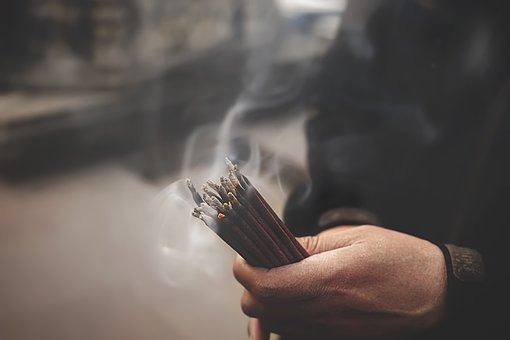On a visit by the painter Carlos Cruz Diez to the Ateneo de Valera, a gathering was improvised where the master of kinetic art commented that he felt that Venezuela was like a car with square wheels, since it was very difficult for it to move forward a bit, to stop again or even when he was about to overtake, go backwards.
Deep down, Venezuela has been the same for many years, with the exception of 30 years of democracy. A long road full of dashed hopes, be it by the leaders themselves, by their subordinates, and with a people accustomed from the beginning to living pending or dependent on the government. The expectations of the leaders and their leaders have been mainly to find “El Dorado”, be it winning the looting in the collection of montoneras that we have had in history, be it the lottery for an election to public office, be it getting close to to some official contract or to his influences. Almost everything has been about getting closer to the honey of power and its chances of getting rich without the merit of honest work. Venezuela, in general terms, has been the land where dreams are shipwrecked, when they require virtue.
Projects of progress have existed, they have even been successful in certain times and some places, emerging signs that another path is feasible, but they have not prevailed, given the root disease that has come by various means and pointed out over and over again by the great thinkers who do. We have had, like the Trujillo-Zuliano Miguel Ángel Campos in his forceful essays, in one of which, “The faith of traitors”, he affirms: “Starving or opulent, dignified or unworthy, led by machete workers or doctors, trade unionists or intellectuals, in the midst of serious negotiations or showing itself to be “practical”, the State seems to be the only constant in the structuring of the nation. Crushed by the permanent urgencies of the former, social culture becomes an immobile mass, everything that evolves outside the scenario of state interests is forced to make its own biography, to mark a mark in a desert swept by the wind.
In Venezuela there have been and still are many good people, men and women who have stood out for their merits, their works and virtues. Visionary people who lit the way and walked it, but they remained as testimonies of interrupted paths, without continuity. Here I appeal to the example of Dr. José Gregorio Hernández, the person most loved by Venezuelans, at all times and in all places. Dear because he is “The Doctor of the Poor”, not because he fought like the good ones to cultivate his talents, to work tirelessly, to train himself with an exemplary spirituality to give himself up to heal lives and try to save souls. Dear, but not known. It is easier to ask than to imitate.
The fundamental institutions of the nation are fragile enough to sustain a serious and lasting national project. Beginning with the basic cell of a society: the family, continuing with the community and the municipality, the State and justice. The deficit of what is now called “social capital” is enormous. Trust does not exist.
To do? Here is a powerful question.
Ítalo Calvino in “The Invisible Cities”, when Marco Polo describes the city of hell to the Great Khan, says that there are two ways not to suffer it: “The first is easy for many: accept hell and become part of it to the point of not see him anymore. The second is dangerous and demands continuous attention and learning: searching and knowing how to recognize who and what, in the midst of hell, is not hell, and make it last, and give it space”.
It is a similar alternative to Margaret Wheatley’s proposal, which consists of working daily to create what she defines as “islands of sanity” which are places where the human spirit emerges in reflections, conversations and concrete actions, with leaders committed to the common good and respect for the dignity of the human person. “Warriors for the human spirit” the author calls these leaders who assume these processes of local transformation, who must be connected with other leaders and other communities that want and fight to live with dignity.
These “islands of sanity” can be territorial or institutional; They can be a neighborhood, a condominium, a village, a city block or any place, or a family or an organization be it cultural, educational, business, political, religious or of any nature. It only takes a group of people to start talking and acting.
Let’s start the year 2023 putting hope in these emerging samples and in these alternatives of the Possible Venezuela.
.

